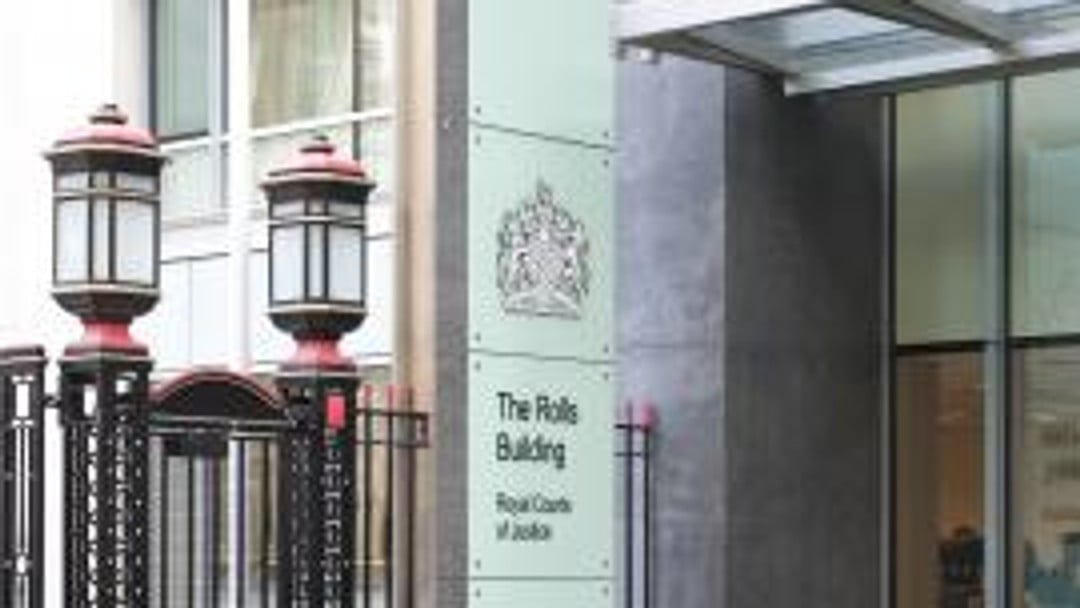Rolls Building to be rebranded 'Business and Property Courts'

New arrangements allow for more flexible cross-deployment of judges
The Rolls Building is to be rebranded the ‘Business and Property Courts of England and Wales’ from June of this year in a move to shore up the jurisdiction’s reputation post-Brexit and to enhance the connection between the regions and the capital.
The Business and Property Courts will act as ‘a single umbrella’ for business specialist courts across England and Wales, housing the Chancery Division, the Commercial and Admiralty Court, and the Technology and Construction Court.
The courts will also sit in Birmingham, Manchester, Leeds, Bristol, and Cardiff, with future expansions to Newcastle and Liverpool described as ‘likely’. It is hoped these new arrangements will enhance the connection between the specialist legal work undertaken in the regions and in London.
The new arrangements are designed to preserve existing practices and procedures, while allowing for more flexible cross-deployment of judges to sit on appropriate business and property cases.
Together with the financial list and the shorter and flexible trial scheme, the new structure aims to enhance the UK’s reputation for international dispute resolution.
The Lord Chief Justice, Lord Thomas of Cwmgiedd, said the changes will ensure the UK courts and judiciary ‘continue to lead the world’. The Lord Chancellor, Elizabeth Truss, said it is ‘absolutely vital our legal services continue to lead the world and remain the first choice for business’.
Explaining the decision, Sir Brian Leveson, president of the Queen’s Bench Division, said that the cross-deployment of judges across the Chancery and Queen’s Bench Divisions for the purposes of the financial list had ‘demonstrated the real value of flexible deployment in appropriate cases’.
Sir Geoffrey Vos, chancellor of the High Court, added: ‘These new arrangements show that modernising the courts through innovation and flexibility can bring benefits to international and domestic businesses. This is yet another example of judicial innovation making the courts more effective for those using them.’
Reacting to the announcement, Gary Campkin, director of policy and strategy at lobby group TheCityUK, welcomed the ‘forward-looking decision’, which he said ‘gives greater clarity to users about the focus and coverage of legal services available at the courts’.
‘The UK is the largest specialist centre for the resolution of financial, business, and property litigation anywhere in the world. But high-value commercial dispute resolution is a competitive legal service, and other jurisdictions are vying to take Britain’s crown,’ added Campkin.
‘It is essential to ensure this country remains the jurisdiction of choice for international business and for dispute resolution. The efficient and cost-effective resolution of disputes is critical to that goal and to the ongoing development of English law. This is at the core of the international attractiveness of the UK and of our world-leading legal services sector.’
John van der Luit-Drummond is deputy editor of Solicitors Journal
john.vanderluit@solicitorsjournal.co.uk | @JvdLD
